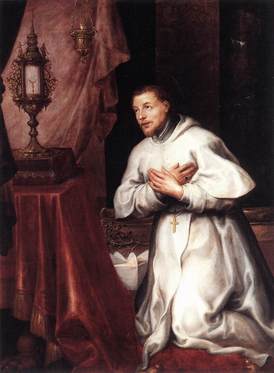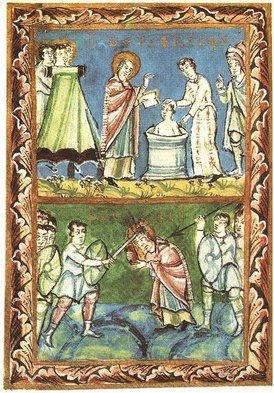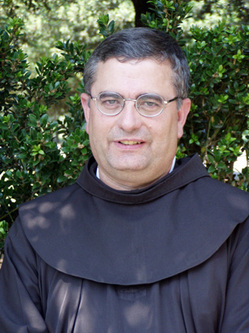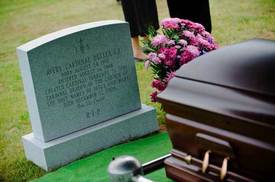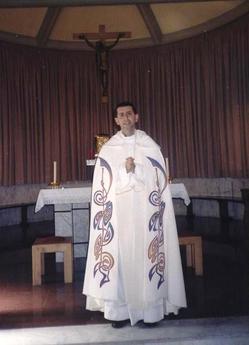On May 30th, the Vigil of Pentecost, Pope
Benedict answered three questions of young people with extraordinary simplicity. The tenderness of the Pope’s answers is breadth-taking. This it the second time he’s
taken questions from the youth. The following is Alessandro’s question and you can read the rest of questions here. Plus, visit the Holy Childhood Association website AND get involved with their mission as the Pope encourages.
Dear Pope Benedict, you are the first missionary. How can we
young people help you to proclaim the Gospel?
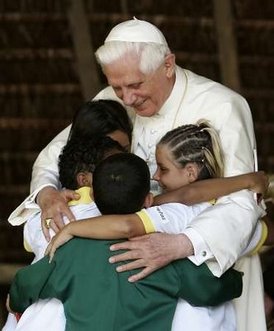
Answer: I would say that one initial way is this: work with the
Pontifical Society of Missionary Childhood. In this way you are part of a great
family that brings the Gospel to the world. In this way you belong to a great
network. We see here how the family of the different peoples is reflected. You
are in this great family: each one does his part, and together you are
missionaries, bearers of the missionary work of the Church. You have an
excellent program: to listen, pray, learn, share, support. These are essential
elements that really are a way of being missionary, of advancing the growth of
the Church and the presence of the Gospel in the world. I would like to
highlight some of these points.
First of all, prayer. Prayer is a reality: God listens to
us, and when we pray, God enters into our lives, he becomes present among us,
active. Prayer is a very important thing, which can change the world, because
it makes the power of God present. And it is important to help each other to
pray: we pray together in the liturgy, we pray together in the family. And here
I would say that it is important to begin the day with a little prayer, and
also to end the day with a little prayer: remembering our parents in prayer.
Pray before lunch, before dinner, and on the occasion of the common celebration
on Sunday. A Sunday without the Mass, the great common prayer of the Church, is
not a real Sunday: the heart of Sunday is missing, and with it the light of the
week. And you can also help others – especially when there are no prayers at
home, when prayer is unknown – you can teach others to pray: pray with others
and introduce them to communion with God.
Next, listening, which means really learning what Jesus
tells us. Moreover, knowing the Sacred Scripture, the Bible. In the story of
Jesus, we come to know the face of God, we learn what God is like. It is
important to know Jesus deeply, personally. This is how he enters into our
lives, and, through our lives, enters into the world.
And also sharing, not wanting things for ourselves alone,
but for all; sharing with others. And if we see another who may be in need, who
is less fortunate, we must help him and in this way make the love of God
present without big words, in our little personal world, which is part of the
big world. And in this way we become a family together, where each respects the
other: bearing with the other in his uniqueness, even accepting those we don’t
like, not letting anyone be marginalized, but helping him to be part of the
community. All of this simply means living in this big family of the Church, in
this big missionary family.
Living the essential points like sharing, knowing Jesus, prayer, listening to each other, and solidarity is a missionary activity, because it helps the Gospel to become a reality in our world.
